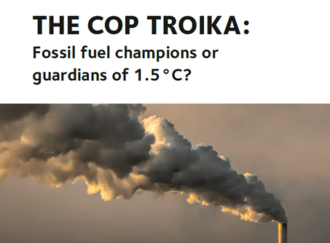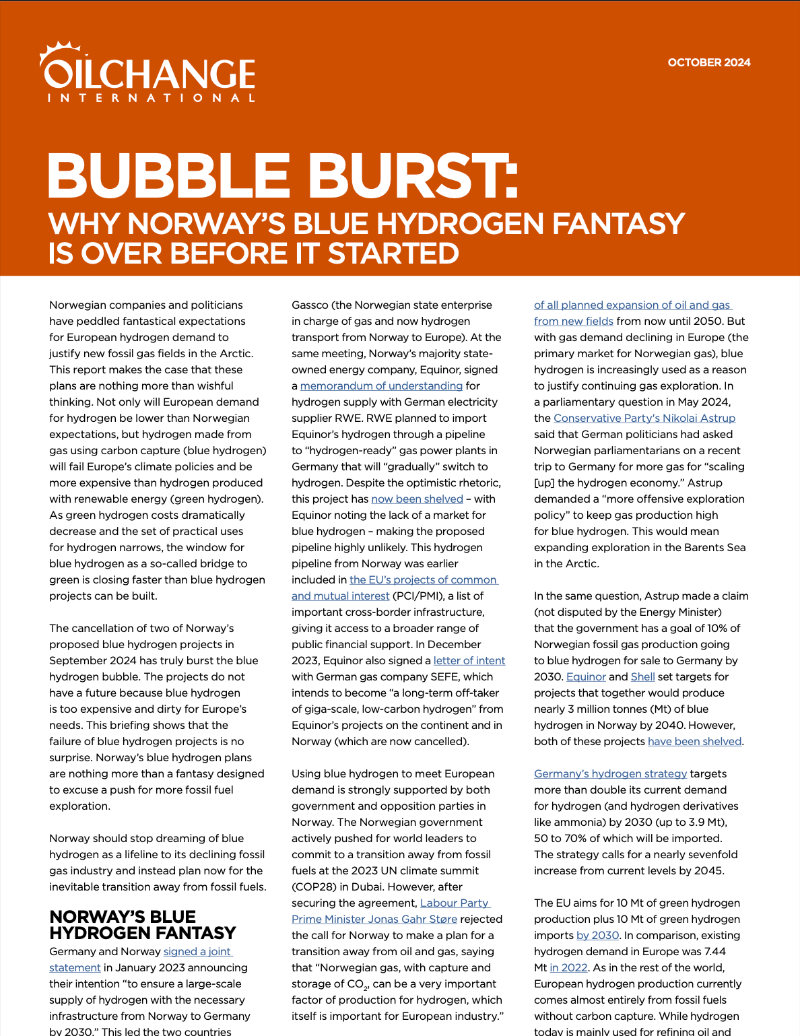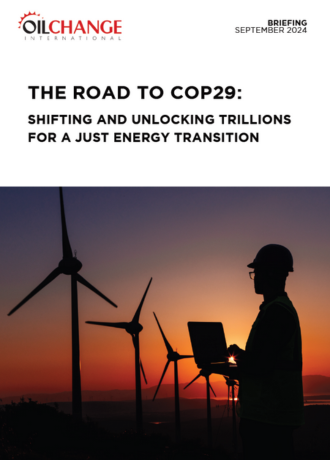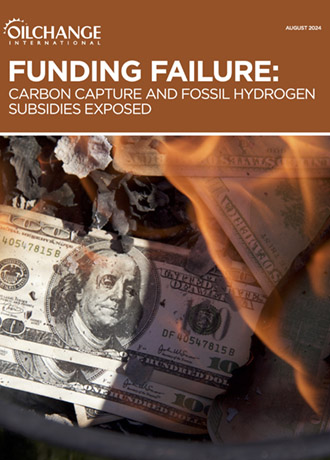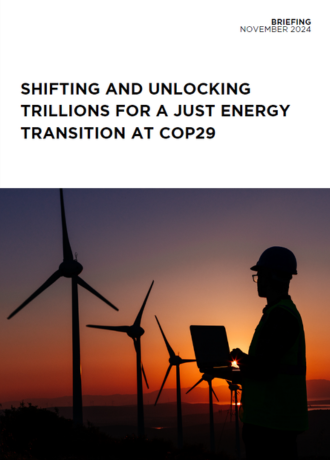
Shifting And Unlocking Trillions For A Just Energy Transition At COP29
Last year at COP28, governments committed to transition away from fossil fuels. The next key step to make good on this landmark energy agreement is rich countries agreeing to a new climate finance goal of at least $1 trillion annually to make this possible. This will allow countries to deliver national climate plans (NDCs) due in 2025 that phase out fossil fuels.

